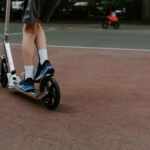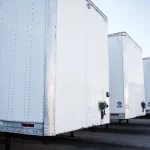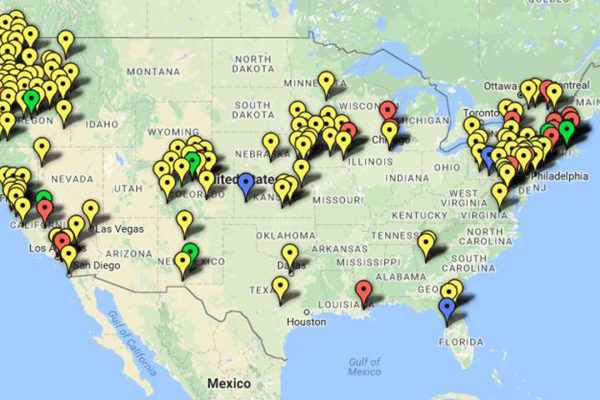Science has a direct and indirect influence on different aspects of life. It has an influence on the way we get around to the food we eat. Once you start seeing all the opportunities to learn, the relationship between critical-thinking skills and science becomes apparent.
Science helps in shaping children’s development beginning when they are very young. This is when they learn to ask questions, observe, test, make predictions, and communicate the findings. All that is developing their critical science skills, which means in the future they’ll be looking for bioconjugation services instead of wasting time watching cat videos on Youtube.
It is a good idea for kids to learn science because:
It helps in developing key life skills which include remaining organized and focused, communicating, and forming their own opinions by observing. It is also going to help by developing their senses and overall awareness.
They are hands-on learners, and there are many natural opportunities around them. This is why the power of learning through play is very powerful. Interacting with their immediate environment is going to help with intellectual development.
They have been primed for learning, and whatever they learn when they are young is going to play a big part in what their interests are when they grow up. Studies have shown that students start getting interested in STEM (Science, Technology, Engineering, and Mathematics). Knowledge and interest in these areas are going to provide them with a lot of career opportunities in the future.
Parents Want to Help Kids Learn Science
The Education Development Center and SRI recently conducted a study that found that 9 out of 10 parents claimed they helped their kids with learning daily, but only have of them said the learning activities were science-based.
Many parents would like to teach their kids topics related to science, but admit that they don’t have to tools and confidence to do that. This is a missed opportunity and many of them are overthinking the concept of “science”.
Science can be fun and simple. Whether you are watching the storm roll in or heading out in the backyard to observe a colony of ants, these are everyday learning opportunities a parent can take full advantage of.
Tips for helping children learn science
Exploring as much as possible. There is science everywhere, and that is why a visit to the local park or an afternoon in the backyard is going to provide a lot of opportunities to learn. Your child should always question their surroundings. If you are not sure about something, then consider researching and learning together with your kid. You don’t need to have all the answers, it is sometimes great to ask questions because you can model curiosity too.
Keep in mind that science is cumulative. They are going to build knowledge from what they know already. Science should be celebrated in your home as early as possible, then discuss topics to do with science daily. Try making it as fun as possible. Whether it means baking a cake or heading out for a special family constellation, there are many opportunities to discuss science.
You also need to consider your kid’s individual personality, social habits, and interests. This gives you the chance of coming up with engaging activities that make them excited and comfortable at the same time. It is important to take time and know what your child wants to do. This is going to make them want to learn.
If your child is interested in learning more, consider investing in a few pieces o equipment. You can get them an inexpensive microscope, and the trip to the local pond is going to be more fun and a great learning experience. There are many toys kids love, including astronomy kits, ant farms, and kitchen science experiments.
How to Teach Kids Science and Why It’s Important








